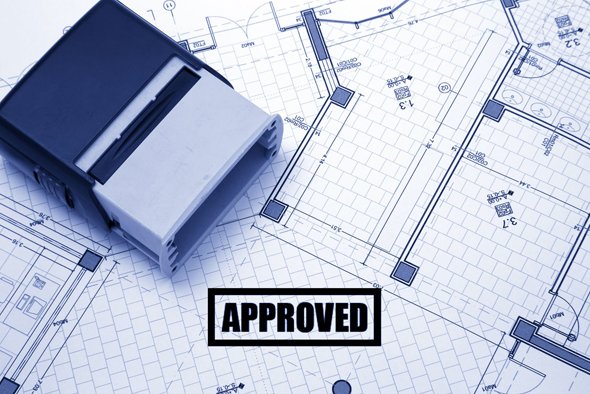Penalties for Building Without Local Body Approval
Introduction
Building a home, commercial space, or any structure requires proper authorization from the local governing authorities. This process, known as Local Body Approval, ensures that construction projects adhere to safety, zoning, and environmental regulations. However, many individuals and developers bypass this crucial step, leading to severe legal and financial consequences. This blog explores the penalties imposed for building without Local Body Approval, the risks involved, and why compliance is essential.
What is Local Body Approval?
Local Body Approval refers to the permission granted by municipal corporations, town planning authorities, or other governing bodies before any construction begins. This approval ensures:
Adherence to zoning laws
Compliance with building codes
Structural safety and stability
Proper land usage
Environmental protection
Without this approval, a structure may be considered illegal, resulting in stringent penalties.
Penalties for Building Without Local Body Approval
1. Demolition Orders
One of the most severe consequences of unauthorized construction is the risk of demolition. If a structure is built without Local Body Approval, authorities have the right to issue a demolition notice. This means the entire investment in construction, materials, and labor could be lost.
2. Heavy Fines and Penalties
Municipal bodies impose hefty fines on individuals or developers who proceed without approval. These fines vary depending on factors such as the extent of the violation, location, and the nature of the construction. Repeated offenses may lead to even higher penalties.
3. Legal Action and Litigation
Unauthorized constructions can lead to prolonged legal battles. If a complaint is filed, the builder may face lawsuits from local authorities, residents, or environmental organizations. Such legal proceedings can be costly and time-consuming, potentially leading to criminal charges.
4. Disconnection of Essential Services
Another penalty for non-compliance is the disconnection of essential utilities such as water, electricity, and sewage. This can make the property uninhabitable, forcing residents or businesses to vacate the premises.
5. Property Devaluation and No Resale Value
Properties constructed without Local Body Approval often face devaluation. Buyers are cautious when purchasing properties with legal uncertainties, leading to poor resale value. In many cases, banks refuse to provide loans for such properties, further limiting financial options.
6. Eviction Notices
Occupants of an unauthorized structure may receive eviction notices, forcing them to vacate the property. This is particularly problematic for residential buildings, as families may lose their homes.
7. No Insurance Coverage
Insurance companies may refuse to cover properties that lack Local Body Approval. In the event of damage due to fire, natural disasters, or accidents, the owner may have to bear the full financial burden.
Why Compliance with Local Body Approval is Essential
1. Legal Security
Obtaining the necessary approvals ensures that your property is legally recognized. This prevents future disputes and legal complications.
2. Structural Safety
Approvals ensure that the building adheres to safety norms, reducing risks related to weak foundations, fire hazards, or improper construction.
3. Easy Resale and Financing
Properties with proper approvals have higher market value, making resale easier. Additionally, banks and financial institutions readily approve loans for legally sanctioned buildings.
4. Avoidance of Unnecessary Costs
Paying fines, facing legal action, and potential demolition are costly. Securing Local Body Approval in the beginning prevents such financial burdens.
5. Access to Basic Amenities
Approved buildings receive uninterrupted access to water, electricity, and sewage services, ensuring a comfortable living or business environment.
Steps to Obtain Local Body Approval
Submit an Application: Prepare and submit the required documents, including land ownership records, building plans, and environmental clearance certificates.
Review by Authorities: The local body reviews the submitted documents to ensure compliance with zoning and safety regulations.
Inspection: Officials may conduct site inspections to verify adherence to guidelines.
Approval Grant: If the building meets all requirements, approval is granted, allowing construction to proceed legally.
Conclusion
Building without Local Body Approval carries significant risks, including demolition, fines, legal trouble, and loss of property value. Adhering to the approval process ensures compliance with regulations, safeguarding investments and promoting safe, sustainable development. It is always advisable to follow legal procedures before initiating any construction project to avoid penalties and future complications.
By ensuring compliance, property owners can build with confidence, secure in the knowledge that their investment is legally protected and structurally sound.

